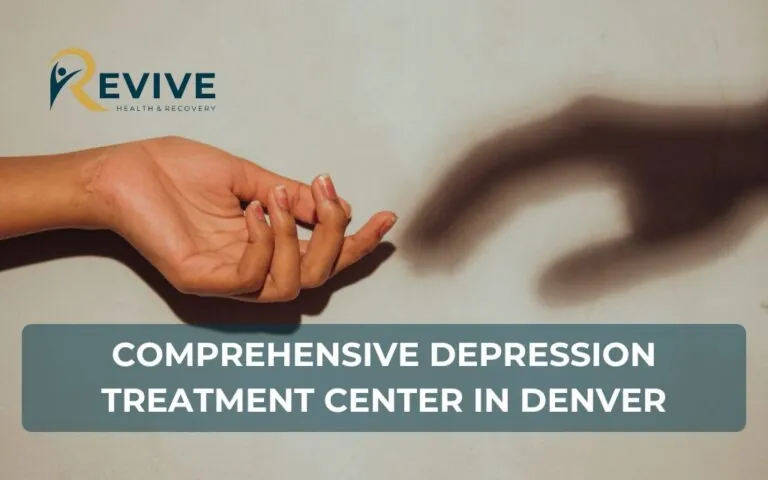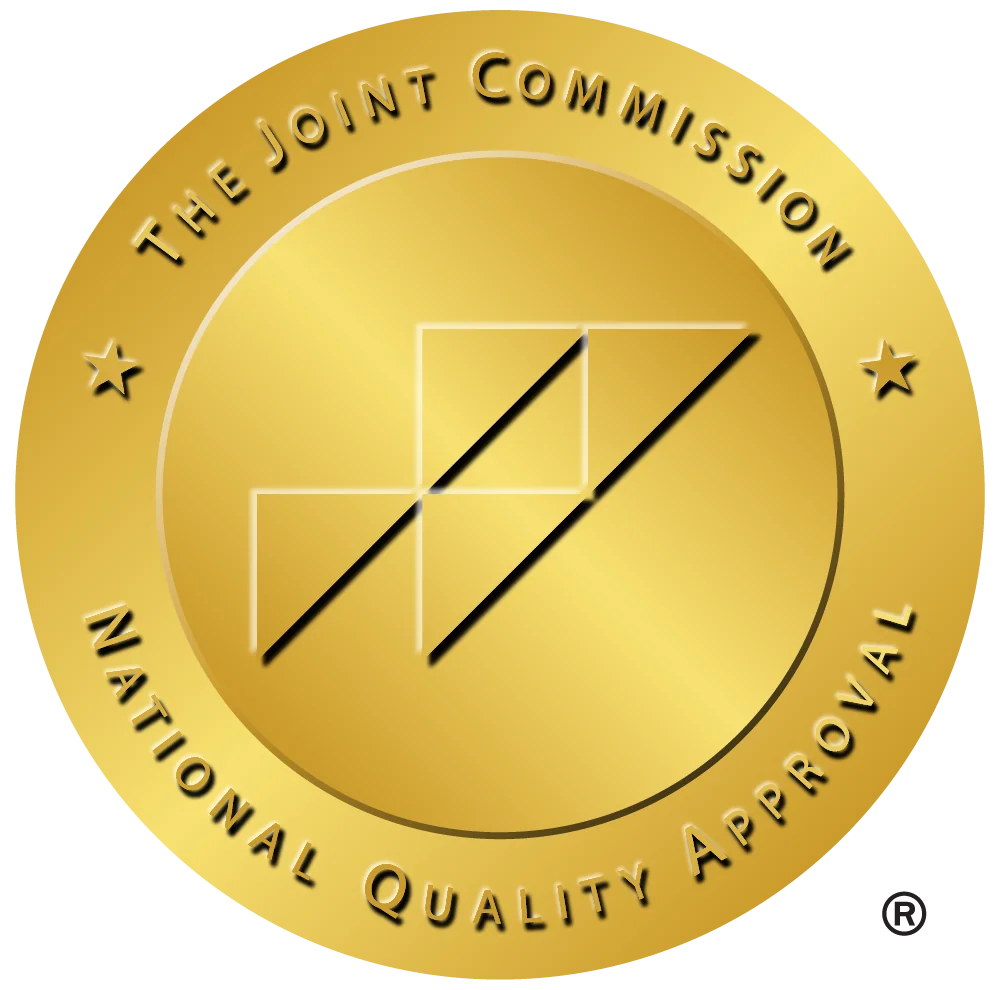According to the National Institute of Mental Health, nearly 1 in 5 adults in the US struggle with mental health, yet only about half receive treatment – Revive Health Recovery offers support for those seeking help.
If you or someone you know is dealing with challenging emotions, thoughts, or behaviors, don’t be afraid, as you are not alone. There are different treatment options available that could be helpful, and mental health counseling is one such option worth considering.
What is mental health counseling?
Mental health counselors are certified experts who address the cognitive, behavioral, and emotional facets of mental health and substance use issues. They assist individuals, families, couples, and groups across different environments. Mental health counselors use diverse methods to:
- Promote healthy lifestyles
- Identify personal stressors and levels of functioning
- Maintain or restore mental well-being

What Is Clinical Mental Health Counseling?
Clinical mental health counseling includes services provided by trained professionals to help clients manage issues that impact their lives. According to the American Psychological Association (APA), these issues can range from personal and behavioral problems to emotional, marital, vocational, rehabilitative, educational, or life-stage challenges. The APA describes counseling services as assistance provided by professionals such as psychologists, licensed counselors, nurses, and social workers through various agencies to groups, families, and individuals.
An overall description of clinical mental health counseling can be summarized as clinical diagnosis and treatment. To become a certified clinical mental health counselor, individuals must meet the National Board for Certified Counselors’ educational requirements, which include training in areas such as the diagnostic process, psychopharmacology, treatment planning, mental examinations, and psychosocial evaluations. Certified clinical mental health counselors also have specialized knowledge in areas like human sexuality, family and couples counseling, substance abuse and addiction counseling, and counseling for trauma and abuse victims.
What is the difference between a mental health counselor and a psychologist?
Although mental health counselors and psychologists may offer similar services, such as psychotherapy, there are key differences in their education, training, and licensure.
Mental health counselors
Mental health counselors typically hold an accredited master’s degree in counseling and have 2 to 3 years of supervised practice. Licensing requirements can vary by state, and common designations include Licensed Mental Health Counselor (LMHC), Licensed Clinical Alcohol and Drug Counselor (LCADC), Licensed Professional Clinical Counselor of Mental Health (LPCC), and Licensed Professional Counselor (LPC). In some states, licensed counselors cannot diagnose mental health conditions.
Mental health counselors help treat various conditions, including:
- Depression
- Anxiety disorders
- Bipolar disorder
- Eating disorders
- Post-traumatic stress disorder (PTSD)
- Substance use disorders
- Phobias

The effectiveness of counseling can vary based on the type and severity of the mental health condition, the treatment method, and adherence to the treatment plan.
Psychologists
Psychologists, on the other hand, who have held a doctorate (PhD or PsyD) and undergo several years of research and practice. They receive extensive training in theory, research methods, and treatment, allowing them to work in academic research or clinical practice.
Psychiatrists
Psychiatrists attend medical school to obtain a doctor of medicine degree (MD), enabling them to evaluate physical health conditions affecting mental health and prescribe medication if necessary. A mental health counselor may refer you to a psychiatrist for the biological aspects of a mental health condition.
Is mental health counseling effective?
How Mental Health Works
Mental health counseling is a partnership between a client and a mental health professional, aimed at exploring problems and developing the skills and mindset needed to overcome challenges and achieve emotional well-being. The duration of counseling can vary based on the individual and their specific mental health disorder or distress, ranging from a few weekly sessions to months or even years of occasional sessions.
People often seek counseling for a variety of reasons, including mental illness and life stresses such as a toxic work environment. Counseling can be individual or involve couples therapy, family therapy, or group therapy.
Benefits of Mental Health Counseling
Clients who seek help open themselves to the possibility of reaping the benefits of mental health counseling. Providing clinical mental health services involves helping people from all walks of life solve the problems they face, according to U.S. News & World Report. Applying their real-life experience and professional training, clinical mental health counselors coordinate with psychiatrists, social workers, support groups, and long-term treatment services to devise and implement total care strategies.
In explaining what clinical mental health is, U.S. News & World Report says it involves evaluating clients’ mental and physical states, identifying addictions and behavioral problems, and determining how ready clients are for treatment. After developing treatment strategies and presenting them to clients and their families, counselors help clients gain skills and learn behaviors that put them on the path to mental wellness.
Clients who seek mental health counseling may experience numerous benefits. Clinical mental health counselors help people from diverse backgrounds address their issues by coordinating with psychiatrists, social workers, support groups, and long-term treatment services to develop and implement comprehensive care strategies.

Addressing Addiction
Clinical mental health counselors often help people manage substance abuse and behavioral disorders. Known as addiction counselors, these professionals guide clients in managing stress and addressing issues encountered during recovery. They work in private and group settings, utilizing concepts from programs like Alcoholics Anonymous.
Addressing Elderly Mental Health Needs
There is a growing acceptance of mental health treatment among older adults. Adjusting to new living arrangements, managing limited incomes, and coping with chronic physical ailments contribute to the mental health challenges faced by the elderly.
Managing Stress
Excessive stress can lead to mental and physical health issues. Clinical mental health counselors often use cognitive behavioral therapy (CBT) to help people change unhelpful responses, strengthen relationships, exercise regularly, eat healthily, get sufficient rest, avoid substances, and focus on positive aspects. This comprehensive approach helps people manage and reduce stress effectively.
Read more
Getting Started With a Mental Health Counseling Professional
At Revive Health Recovery, we believe that mental health is a vital component of overall well-being. Our Professional Mental Health Counseling services are designed to support you in navigating life’s challenges and achieving a balanced, fulfilling life.
Why Choose Professional Mental Health Counseling at Revive Health Recovery?
- Expert Therapists: Our team of licensed mental health professionals brings a wealth of experience and compassion to every session, ensuring you receive the highest quality care.
- Personalized Approach: We understand that each individual’s journey is unique. Our counselors tailor their strategies to meet your specific needs and goals.
- Confidential and Supportive Environment: Your privacy and comfort are our top priorities. We provide a safe, non-judgmental space for you to explore your thoughts and feelings.
- Comprehensive Services: From individual therapy to couples or family mental health treatment, we offer a range of counselling options to address various mental health concerns, including anxiety, depression, trauma, and more.

How to Get Started:
- Contact Us: Reach out to Revive Health Recovery anytime to schedule an initial consultation.
- Initial Assessment: During your first visit, our counsellors will conduct a thorough assessment to understand your needs and develop a personalized treatment plan.
- Ongoing Support: Begin your journey towards mental wellness with a regular counseling path. Our team will work with you every step of the way, providing continuous support and guidance.
Mental Health Counseling at Revive Health Recovery is designed to help you revive your mental well-being and achieve a brighter future. Take the first step today and discover the benefits of our professional support for a healthier, more balanced life.
Read more:







